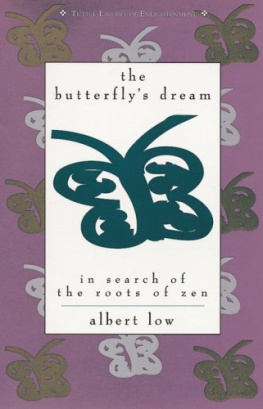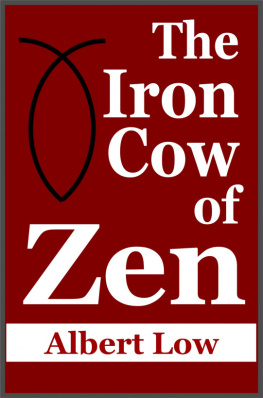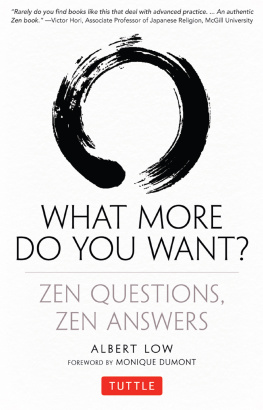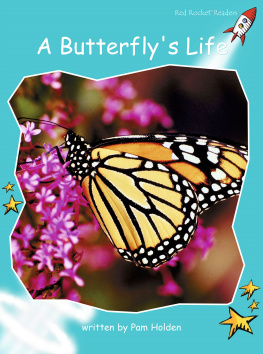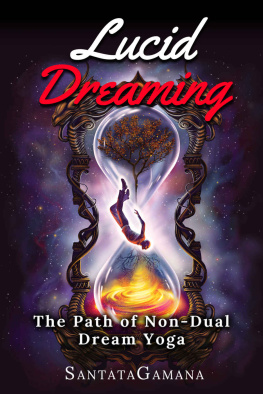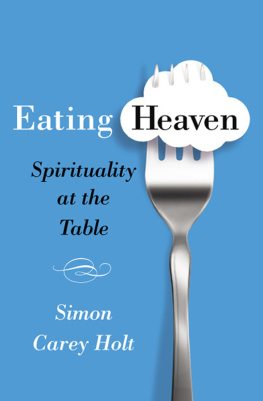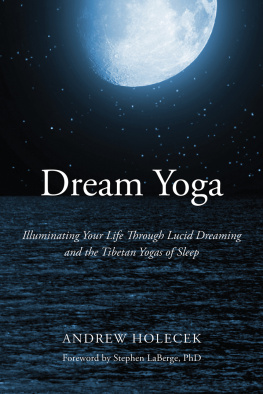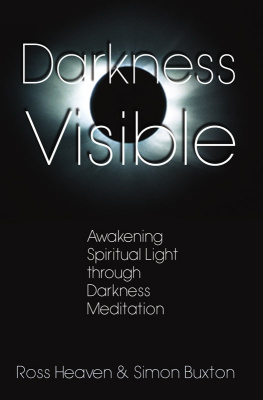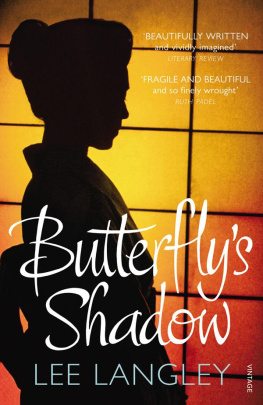Table of Contents

I dreamt I was a butterfly.
Now I am not sure
if I am a man dreaming I was a butterfly or a butterfly dreaming I am a man.
Chuang Tsu

Just get to the root, never mind the branches.
Zen Master Ta Hui
The Butterfly's Dream
In Search of the Roots of Zen
by Albert Low

CHARLES E. TUTTLE COMPANY, INC.
Boston Rutland, Vermont Tokyo
Published in the United States in 1993 by Charles E. Tuttle Company, Inc. of Rutland, Vermont & Tokyo, Japan, with editorial offices at 77 Central Street, Boston, Massachusetts 02109.
Copyright 1993 Albert Low
All rights reserved. No part of this publication may be reproduced, stored in a retrieval system or transmitted in any form or by any means, electronic, mechanical, photocopying, recording, or otherwise, without prior written permission from the publisher.
Library of Congress Cataloging-in-Publication Data
Low, Albert.
[Rve du papillon. English]
The butterfly's dream : in search of the roots of Zen / Albert
Low.
p. cm.
ISBN 0-8048-1822-3 (pbk.)
1. Zen Buddhism. I. Title.
BQ9265.4.L6913 1993
294.3'42dc20 


 93-16918
93-16918





 CIP
CIP
Credits and Acknowledgements:
p. 105: Excerpt from song ("Keep right on to the end of the road") written and composed by William Dillon and Harry Lauder.
p. 114: Excerpt from song ("You are my heart's delight") from "Yours is My Heart,'' music by Franz Leher, lyrics by Karl Farkas, Ira Cobb, Harry Graham.
p. 127: Excerpt from song ("You stepped out of a dream") music by Herb Brown, Lyrics by Gus Kahn.
Cover design by Lisa Diercks
First printing 1993
Printed in the United States of America on acid-free paper.

Introduction
Non-ambiguity and non-contradiction are one-sided and thus unsuited to express the incomprehensible.
In his book Meetings with Remarkable Men , Gurdjieff tells the following story. A man with a wolf, a sheep, and a cabbage had to cross a river. His boat only carry himself and one other. How was he to get across without losing one or other of his charges? If he left the wolf with the sheep, he'd lose the sheep. If he left the sheep with the cabbage, he'd lose the cabbage.
It is not always the simplest and most direct solution that is the best, because to get out of his bind the man would have to make an extra crossing.
In the 1960s the acronym KISS was much beloved of managers, particularly those who were against too much thinking. KISS, in plain English, meant "Keep it simple, stupid." However, it so often happened that management seminars, in their endeavor to KISS, became so banal, trite, and tasteless that they were like salt that had lost its savor. Again, quoting Jung," Scientific integrity forbids all simplifications of situations that are not simple." This trying to make simple what is not inherently so is also a problem when trying to unravel the ambiguities and dilemmas of the subtle and mysterious realm of the human spirit.


C. G. Jung, Psychology and Alchemy , trans. R.F.C. Hull (London: Routledge and Keegan Paul, 1953), p. 15.


G. I. Gurdjieff, Meetings with Remarkable Men (New York: Dutton, 1969).
Another story might help one see what I mean. A man lost his key and spent a long time looking around under a lighted lamppost for it. A neighbor who observed him for a while decided to help and joined the search. After five minutes or so the neighbor said, "Are you sure you lost it here?" "Oh no!" replied the man. "I lost it over there in the bushes.'' "Then what are we doing here; why don't we go and look there?" "Don't be a fool!'' said the man, "There's no light there."
When we keep things brief and simple, there is clarity and we can work in the light. But sometimes it is not possible to work in the light, and then we have to go into the bushes.
The Question of Questions
The subtitle of this book is In Search of the Roots of Zen . To undertake such a quest it is not necessary to be a philosopher, nor what the world might want to call a "good person." What is necessary is to have a certain type of hunger, a hunger that must be satisfied in some ultimate way. This hunger is often accompanied by frustration and confusion that, if put into words, would sound something like, "What is life all about, what am I supposed to do, what is the good life?" And if one were to probe deeper still, "What am I, anyway!?"


C. G. Jung, Psychology and Religion East and West , trans. R. F. C. Hull (London: Routledge and Keegan Paul), p. 221.
"What am I, anyway?" sounds a bit strange became it gives expression to the deepest search that we have, and so we cannot ask it in words but only with the whole of our being. It is not simply a philosophical or psychological problem that we can hold at arms' length, but a concern underlying our whole life. A Chinese Zen master said that it calls for the concentration of "one's whole body, with its three hundred and sixty bones and joints and eighty-four thousand pores." In the Bible the question came as a cry from the heart, "What is man that Thou art mindful of him?"
I Think, Therefore I Am; or Am I?
Although it is not a philosophical problem, that does not mean that philosophers do not experience this hunger. For example, if you are familiar with Western philosophy, you know the saying of Ren Descartes, the seventeenth-century French philosopher: "I think, therefore I am." In his book A Discourse on Method he said that for some time he was filled with great doubt and constantly searched for some certainty by which he could escape from it. This great doubt is precisely the hunger that we are talking about. Descartes describes this state of hunger and confusion this way:


[I am] filled... with so many doubts that it is no longer in my power to forget them. And yet I do not see in what manner, I can resolve them; and, just as if I had all of a sudden fallen into very deep water, I am so disconcerted that I can neither make certain of setting my feet on the bottom, nor can I swim and so support myself on the surface.
Next page
